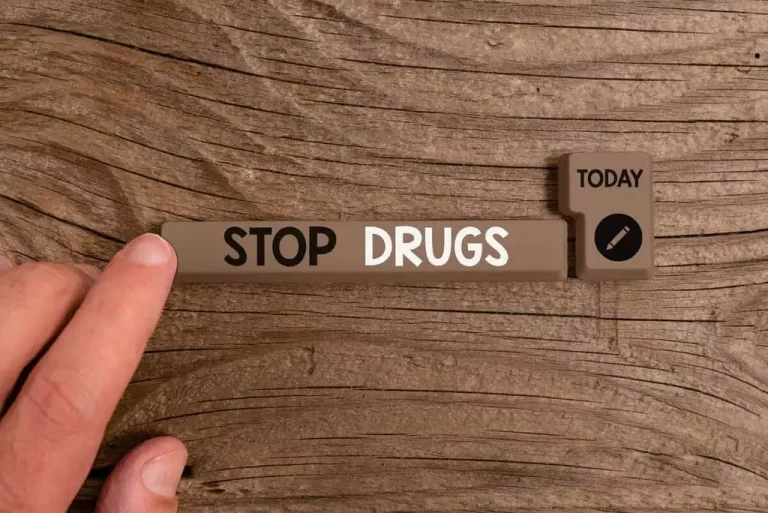The Hidden Craving Among Recovering Alcoholics Revealed

Please don’t deprive yourself of nourishing meals and snacks. Choose quality ingredients and create meals that are satisfying to you. Have you ever eaten a meal that was just OK… then went straight to dessert in order to feel satisfied?
- An alcohol craving is an intense urge or desire to consume alcohol.
- Each program provides different levels of support, incorporating detox, therapy, and aftercare to promote sustained recovery.
- And I felt like I was like, surely taking care of my body and getting stronger and getting healthier as I moved away from alcohol.
- Try drinking them out of your favorite cocktail glass for a more similar experience.
Don’t skip meals
Being well-rested will reduce your sugar cravings and — when they do happen — make them easier to ignore. Drug rehab involves a comprehensive process of detoxification, personalized therapy, and ongoing aftercare to help individuals overcome substance abuse and maintain long-term sobriety. By addressing both the physical and psychological aspects of addiction, rehab provides the necessary support and resources for successful recovery. Unravel why recovering alcoholics crave sugar and the biological and psychological factors at play. Whether you’re struggling to stop drinking or have relapsed, we’re here to help. We use a curriculum of evidence-based therapies to help you heal from your alcoholism.
Are Alcohol Use Disorder (AUD) and Sugar Addiction Related?
These may include changes in brain chemistry, triggers, and habit formation. Some people may experience alcohol cravings when they stop drinking. A craving is an intense or urgent desire for something. A person who struggles with addiction to alcohol often comes to rely on every drinking session as a reward. When they’ve had a hard day, a problem at work, or a fight with a loved one, opening up a bottle can feel like the salve for what’s wrong.

Dissecting the Definition of Eating Disorders
A sugar detox involves cutting all added sugars from your diet for a set period of time, from as little as a week to as long as a month. The premise is that, after an initial https://ecosoberhouse.com/ period of “withdrawal,” you’ll no longer crave sweets the way you do now. Czerwony emphasizes that hydration is especially important when you’re trying to kick a sugar habit.
Unveiling Three Features of Top Drug Rehab Centers
Gill is the owner of the Sober Powered Media Podcast Network, which is the first network of top sober podcasts. The duration of these cravings can differ from person to person, largely relying on factors like the severity of your addiction to alcohol, personal body chemistry, and diet. However, generally, these intense cravings tend to lessen over a few weeks or months as your body normalizes and the remnants of alcohol leave your system. The more you do “the work” the less you’ll need sugar or other external things.
The Importance Of Sleep During Recovery
- Instead, it’s a step by step formula for changing your relationship with alcohol.
- But you know, the way that I look at it is, you can’t have your physical health without your mental health.
- Remember, dopamine is a neurotransmitter that creates feelings of pleasure and reward, reinforcing behaviors that are tied to its release.
- It triggers that dopamine, but it’s not anywhere near the same as like a drug or alcohol addiction, right?
- There’s often an underlying reason fueling the addiction.
Fruits like apples, oranges, and bananas are great choices as they contain natural sugars which can satisfy your cravings while providing necessary micronutrients to your body. Likewise, nuts and seeds which are rich do alcoholics crave sugar in protein and healthy fats can keep you satiated and help in balancing your blood sugar levels. Focusing on healthy, natural alternatives can be an effective way to manage your sweet tooth after quitting alcohol.
So how do you handle addiction replacements like sugar in sobriety?

That’s why treatment centers like Silver Maple Recovery offer trauma-informed care and cognitive behavioral therapy. Addressing the underlying cause of your behavior can help you overcome a transfer addiction. Sugar impacts the same area of the brain as alcohol and other drugs and, in high quantities, can release the same euphoric endorphins in dopamine. Interestingly, while sugar initially boosts dopamine levels, long-term excessive sugar consumption can have the opposite effect.



